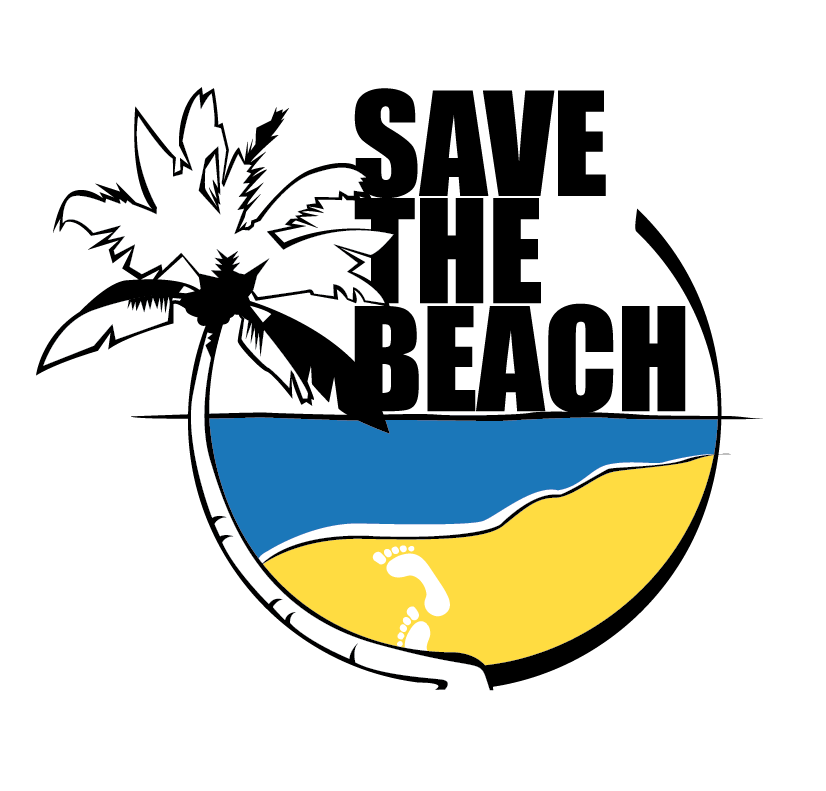CFLI-funded coral restoration training course
In 2021, thanks to the CFLI (Canada Fund for Local Initiatives) we were able not only to experiment with a new restoration methodology but also to train 8 students.
The training involved classroom lessons and in-the-field sessions. During the lessons, the trainees learnt about the coral reefs’ biology and ecology, climate change, threats to the environment, underwater monitoring methodologies and different coral restoration methodologies.
In-the-field activities involved attending the restoration site, attaching coral fragments and collecting data.
They soon discovered how much work is needed in a restoration site, and how challenging it can become with different environmental conditions.
During the one-year programme, we noticed how their knowledge and confidence increased.
We are very happy to have had the chance to offer a free training course!
We believe that only by increasing awareness and working together it will be possible to make a difference!
Muraka Kudhin is a collaborative effort between Save the Beach Maldives (STBM), the 18th Male’ Scout Group (Muhyiddin Scout Group) and Hertfordshire Scouts to assist in the Villimale’ coral reef rehabilitation and restoration efforts.
Muraka Kudhin Project involves active and passive coral restoration, grow a restoration site is a slow process that takes several months and years. The project is therefore an integral part of Muraka Troop and a fixed activity in our program. The project started in September 2019 but the Covid Pandemic brought many challenges that limited our activities. Still, we conducted Reef Check training with the students and we thought them basic snorkelling skills.
In 2020 our scouts became PADI OpenWater divers and two of them participated in the Coral Festival organized by the Maldives Coral Institute (MCI). In the same year, we started with them the restoration site in Villimale’!
The students went to look for coral fragments and personally attached them to the frames!
Since then they have been monitoring the site every week and they learned how to maintain the restoration site.
In addition to this our scouts have been carrying out Reef Check surveys regularly.
Similar activities will be carried out in the coming months, and since scouts have started volunteering, the efforts to rehabilitate Vilimale’ reef are more promising than ever.
Through the years they will witness and study the changes to the reef. For them, this is a long and immense learning process and continuous monitoring and data collection help the students to expand their understanding of the reef's health state.
The final aims of this project are to keep collecting data to understand our reefs and their possible changes through the years and to keep rehabilitating and restoring Vilimale’ house reef.
MURAKAKHUDIN
FRONA ACTIVITIES
Muhyyidheen school waste management and training programme
The main goal of the project is to improve local waste management by setting up waste management systems and procedures at institutions like schools.
The primary objective for this project was to start a waste management pilot project in Muhyidheen School (Villimale’). The project partners are WAMCO and Parley Maldives.
This is a long-term waste awareness program started in 2018 and still going on!
We started carrying out waste awareness sessions with the students, their parents and all the teachers and the janitors of the school.
The program involves segregating waste and placing dustbins within the school. Outputs include a successful waste management system set up on-site with trained facilitators (students from the school) and comprehensive toolkits.
Managing the waste inside the school decreased the amount of it ending up on the island roads and beaches, and into the oceans. Also, the awareness sessions helped to reduce the amount of single-use plastics and to increase the amount of waste being recycled. We could observe that a good number of the Villimale’ population has been reached in awareness components, with effective behavioural changes! This gives hope for upscaling and continuing this project in other islands.
By involving the younger generation and educational institutions in the practical task of waste management, we are giving them the opportunity to witness for themselves the amount of waste generated and how big of a problem it could be. Also by educating them on the importance of our ecosystem and the impact of waste on it, they become more aware of how important it is to protect and conserve the natural environment.
Our hope is that this sparks conversation and local initiatives regarding the protection of our ecosystem and dependent livelihoods.









